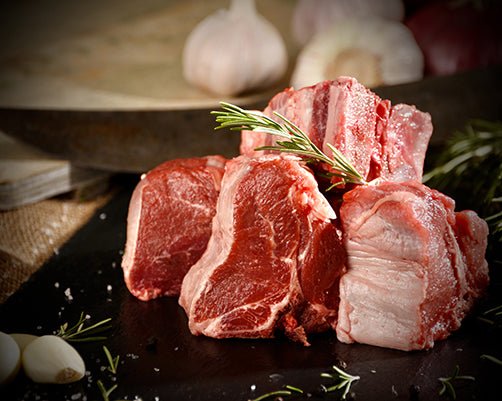Non-Muslims can use this material to comprehend better the meaning of ‘Halal’ and its significance for Muslims. One religion – countless Muslim adherents Islam is a single religion, yet Muslims are not a single homogenous group, despite this. Nearly half a million Muslims now reside in the country, hailing from more than 70 countries around the world. These include European (Albania, Bosnia, and Turkey), African (Senegal and Senegal), Asian (including Central Asia and South Asia), as well as North and South American (Peru and Venezuela) origin. There is only one God for Muslims. Almighty God is known as “Allah,” and Muslims believe in all of the Prophets of the past and present and Muhammad, peace be upon them. According to Islamic law, halal meat near me refers to anything or action that is permitted to be used or engaged in. In contrast to haraam, it is allowed. The term “halal” refers to food that the Islamic faith has approved as being acceptable for consumption.
Definition of Halal
The Arabic term halal, which means “allowed,” means “lawful.” The Qur’anic prescription for a balanced diet is the basis for this dietary guideline (the Muslim scripture). Homosexuality and polyamory are both examples of halal and haram, respectively. The phrases halal goat meat and haram are generalizations that may be applied to any situation. Food, meat, cosmetics, personal care items, medicines, food additives, and food contact materials are all examples of products where these phrases are employed. Many people use the term mashbooh, which translates to “doubtful or uncertain,” to describe these goods. Even while most items’ halal/haram status is crystal obvious, there are a few grey areas. To categorize them as halal or haram, more information is required.
Definition
Unless banned explicitly by the Qur’an or the Hadith, any food is considered halal in Islam. Halal meals are those that meet the following criteria, as stated by the Islamic religious authorities:
- Component-free in accordance with Islamic law, which forbids consumption by Muslims (Shariah)
- Cleansed utensils and equipment are used to process, make, produce, manufacture, and/or store food
In order for Muslims to be able to contribute their knowledge and effort to the betterment of society, they must keep a physically robust and healthy body. In Islam, Muslims are expected to make an effort to get the greatest nutritional value possible. According to a Hadith, Allah rejects a person’s prayer if the food they ingest is forbidden (haram).
Halal/Haram
Unknown origins of components such as gelatin and enzymes raise concerns about the safety of foods that include them. Animals such as cows, veal, lamb, sheep, goats, turkeys, chickens, and ducks, as well as game birds, bison, and deer, are considered halal in the meat and poultry industries, but their flesh must be cooked in accordance with Islamic law before it may be consumed (see below). In general, Muslims can eat fish and seafood (excluding crocodiles, alligators, and frogs), but it’s always best to double-check to make sure there aren’t any allergies or personal preferences.
Preparation and Supervision of Halal Meat in Islamic Culture
There are Islamic slaughterhouses certified and trained by the Australian Federation of Islamic Councils (AFIC), the country’s leading Muslim organisation. This manager visits various abattoirs/farms, meat and non-meat food industries, medicines and cosmetics establishments all across Australia to execute Islamic supervision, auditing/inspection and halal preparation on behalf of the Islamic Food and Industry Council of Australia. To be halal, food must be produced under the following conditions: “In the name of God – God is Greatest/Bismillahi Allahu Akbar” from animals or fowl that have been slaughtered in accordance with Islamic law. Non-halal and halal items are clearly segregated and differentiated.
Life is sacred.
According to Islamic tenets, the manner in which an animal’s life comes to an end is extremely important. Life is a holy gift from God to all living things, including people and animals. Only in the name of God should an animal’s life be taken for the sake of human existence. Before slaughtering an animal, the phrase “in the name of God” (bismillah) must be recited. Muslims are prohibited from eating the meat of animals that have been sacrificed other than in the name of Allah. Muslims may not eat the meat of any animal that has been slain in honour of a deity or idol, whether that deity or idol is living or dead.
Conclusion
Food regulations have a unique relevance since they affect everyone’s everyday lives. Islam is more than just a religion; it is a way of life that dictates every aspect of one’s existence. Muslims are supposed to eat to survive, keep good health, and not live for eating. It is considered an act of worship to God in Islam to eat like fasting, alms-giving, or any other religious activity.

